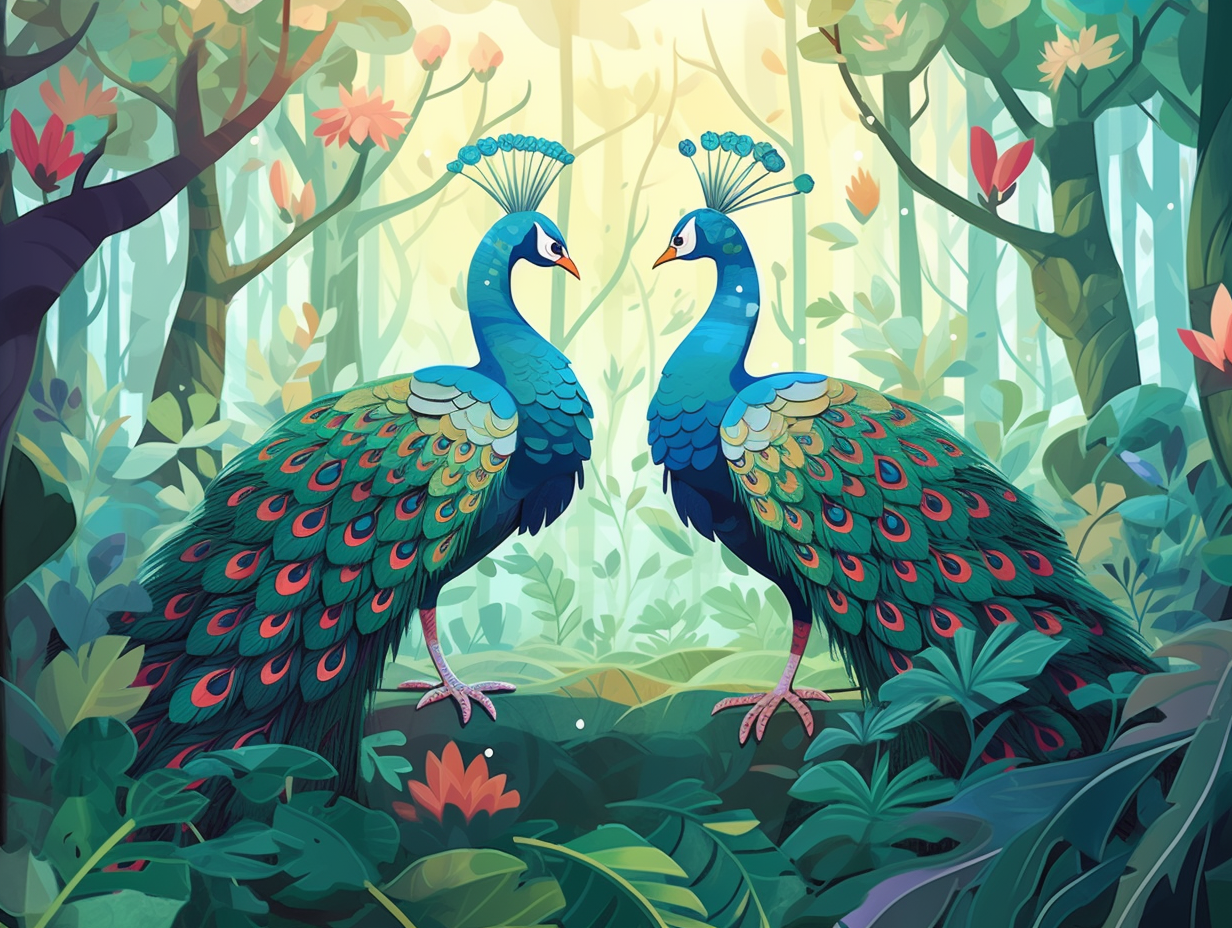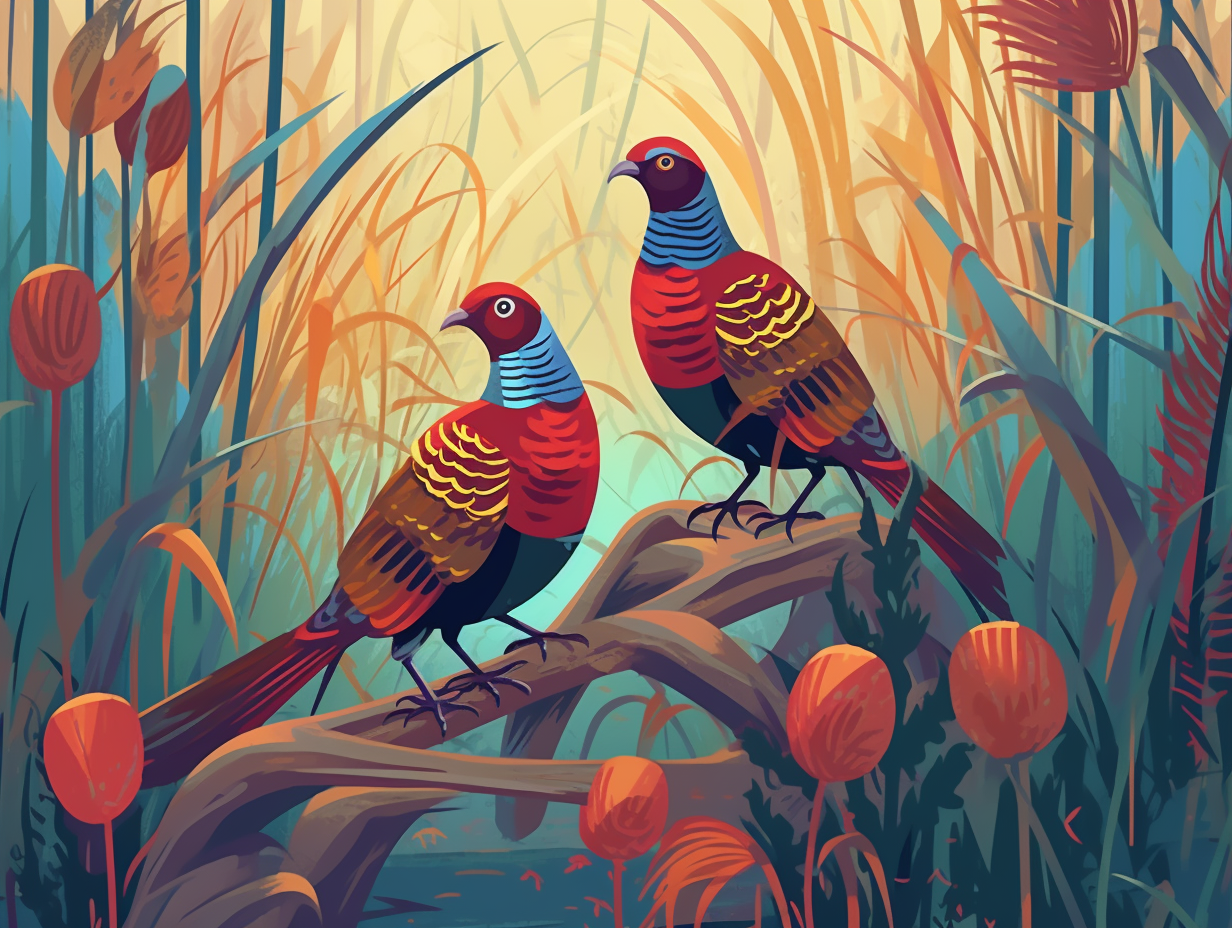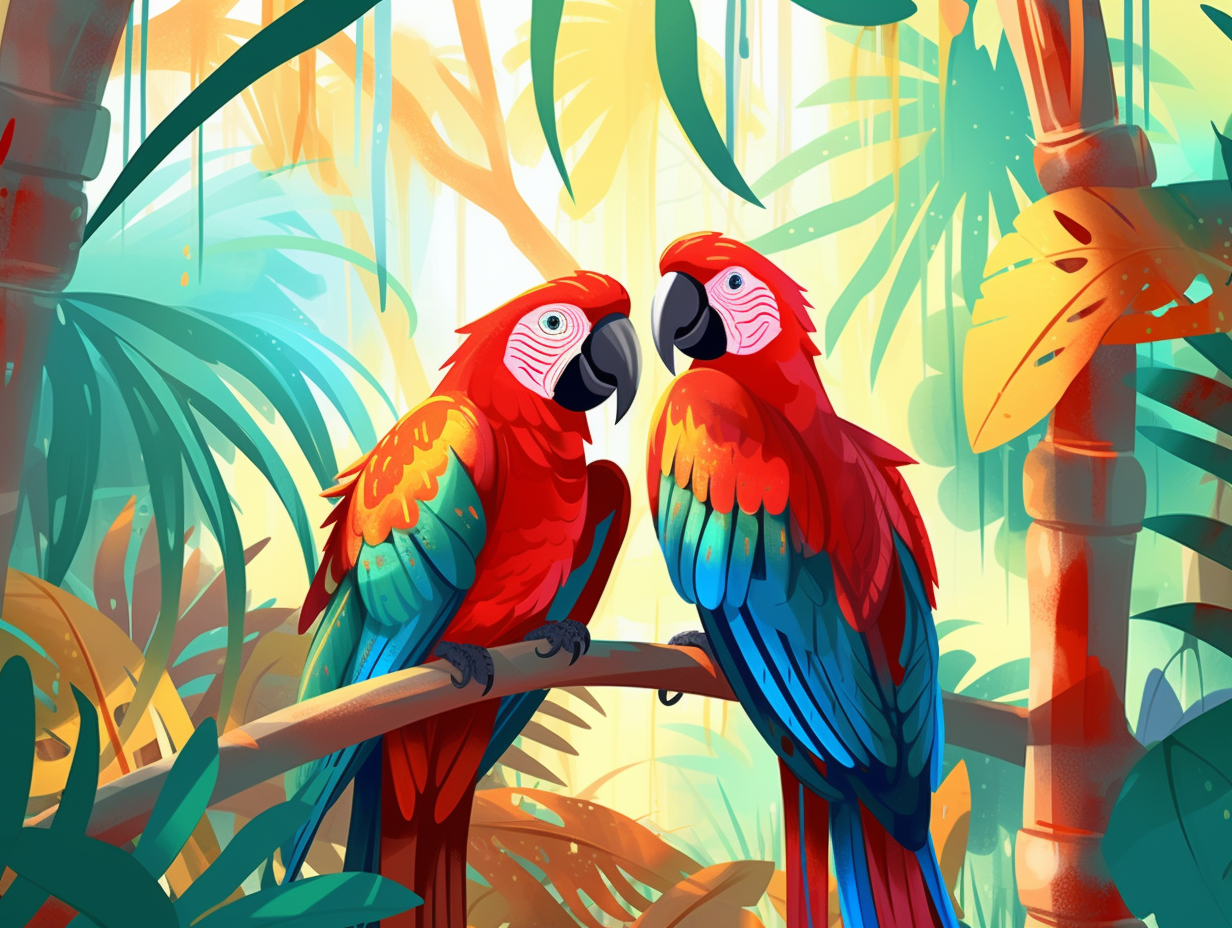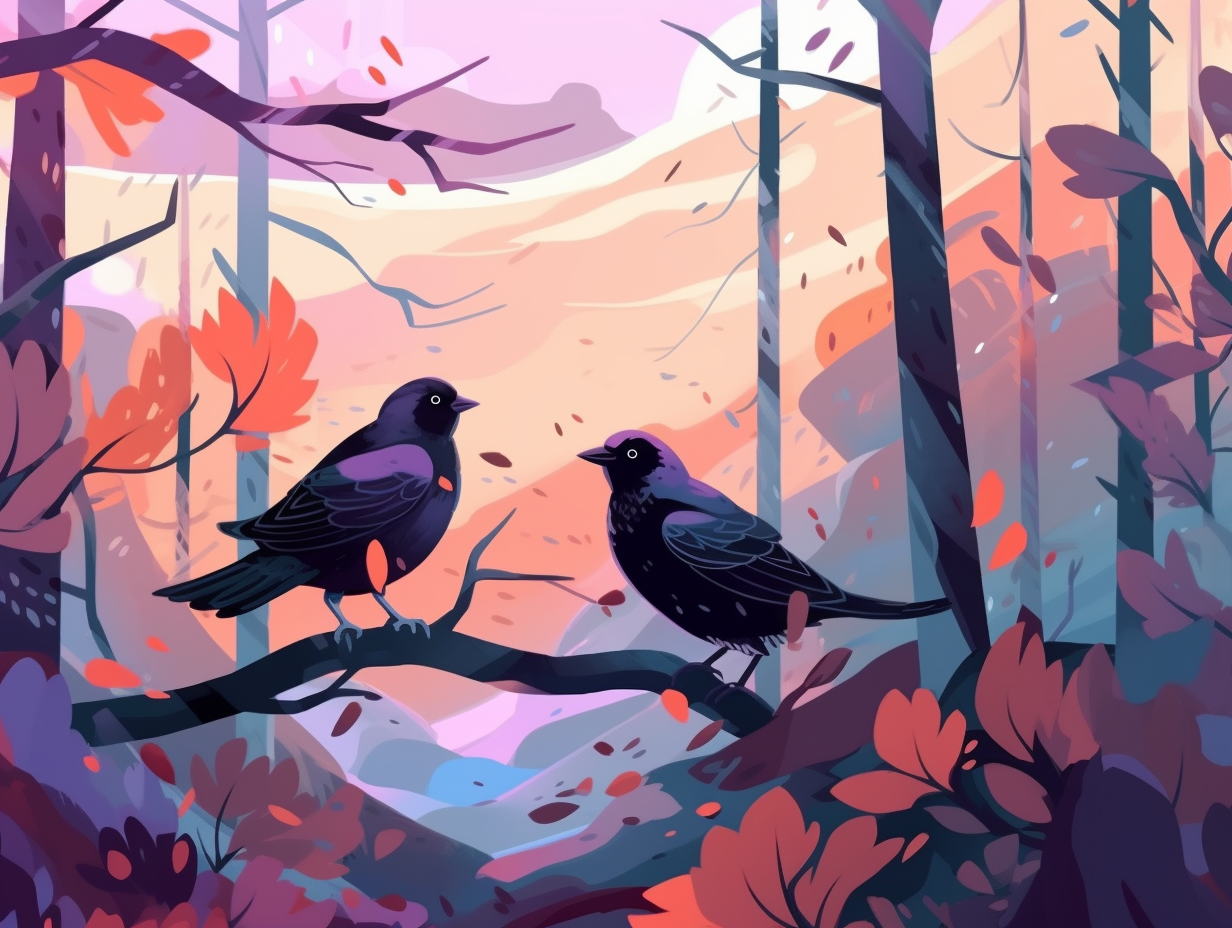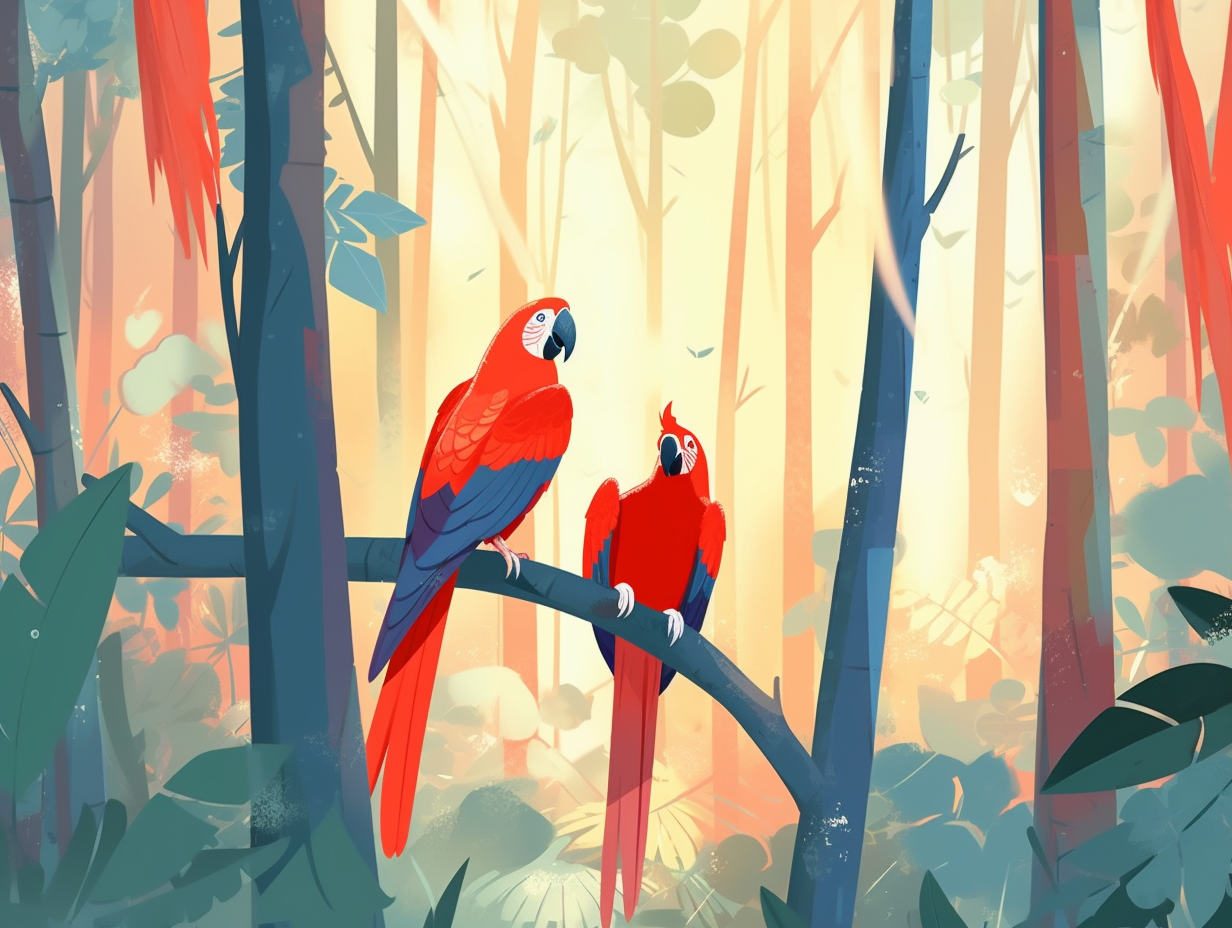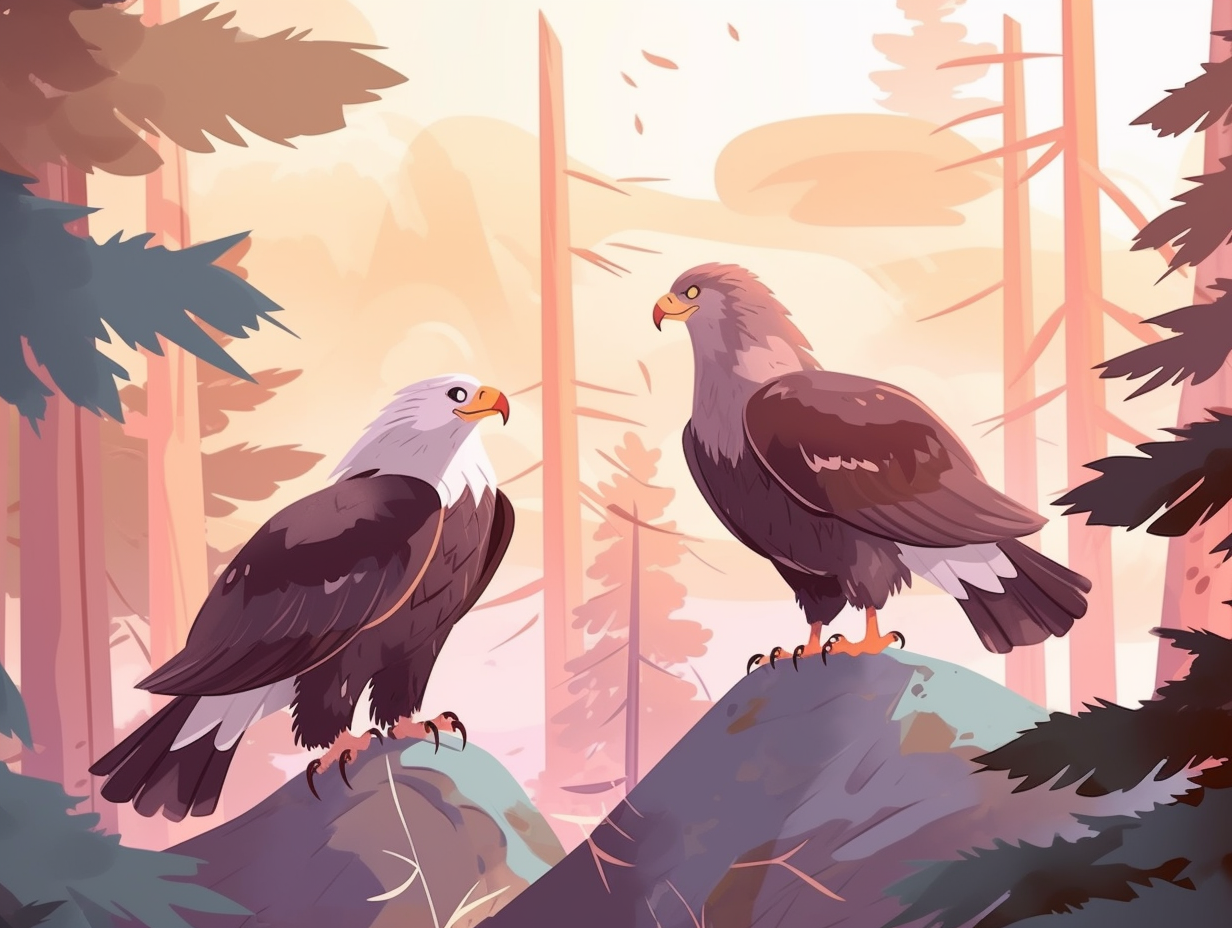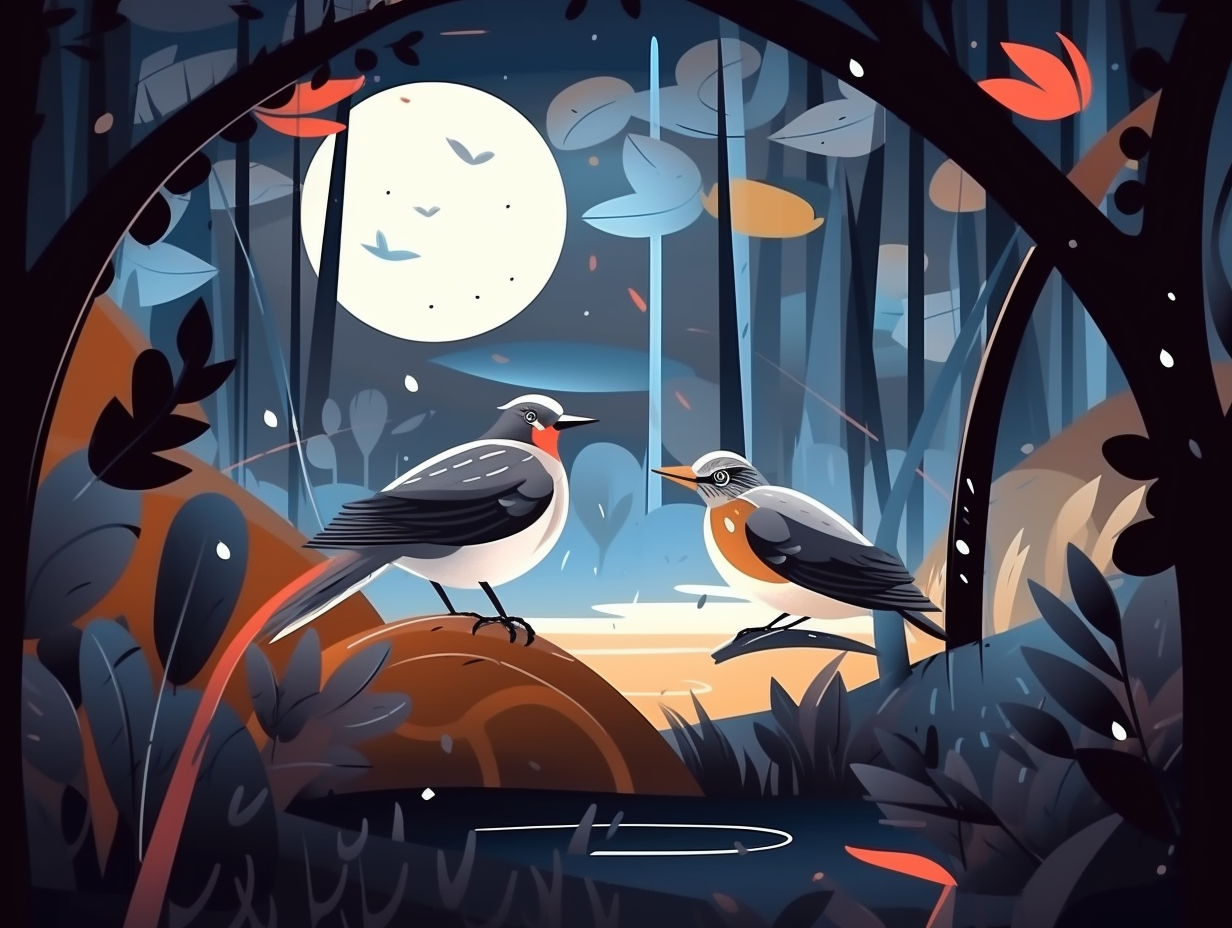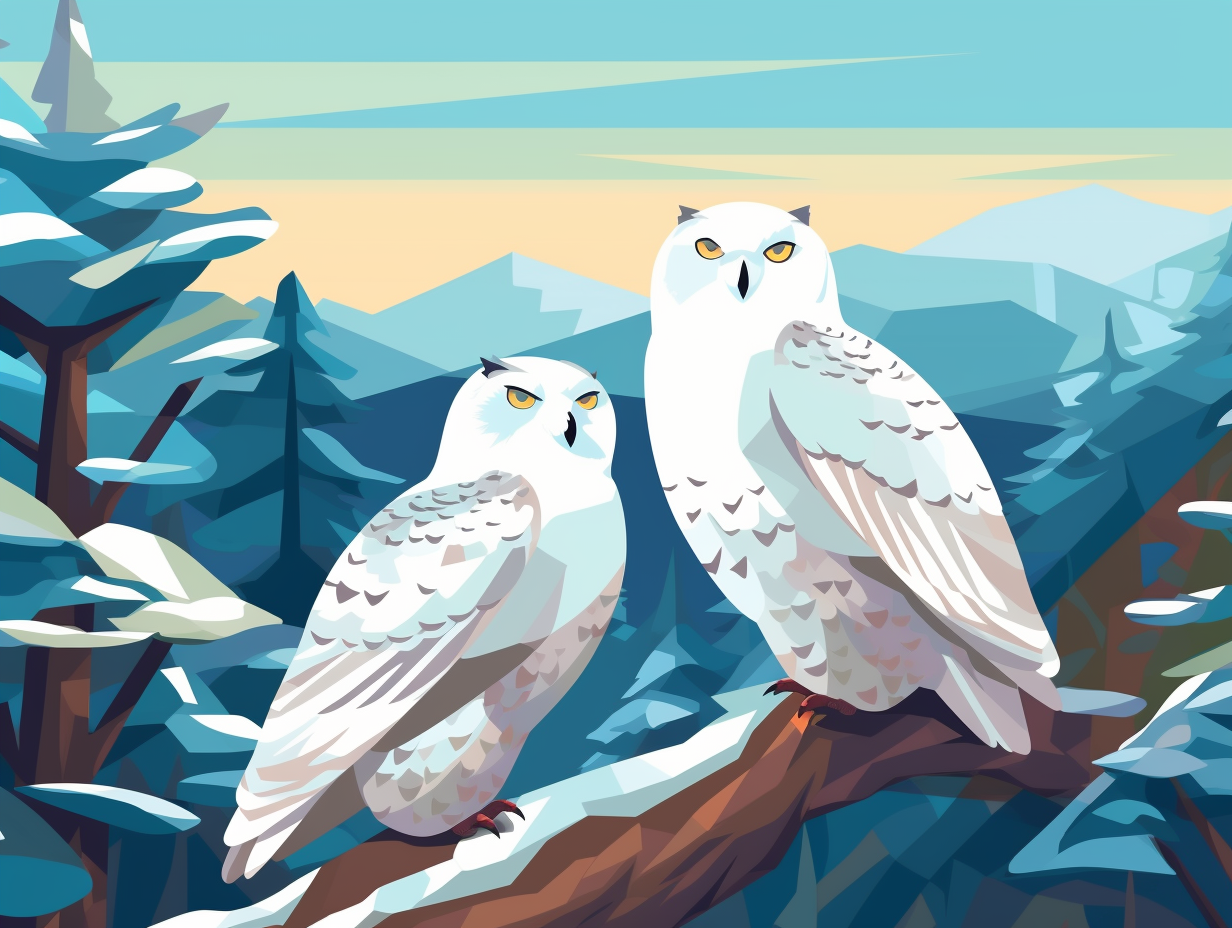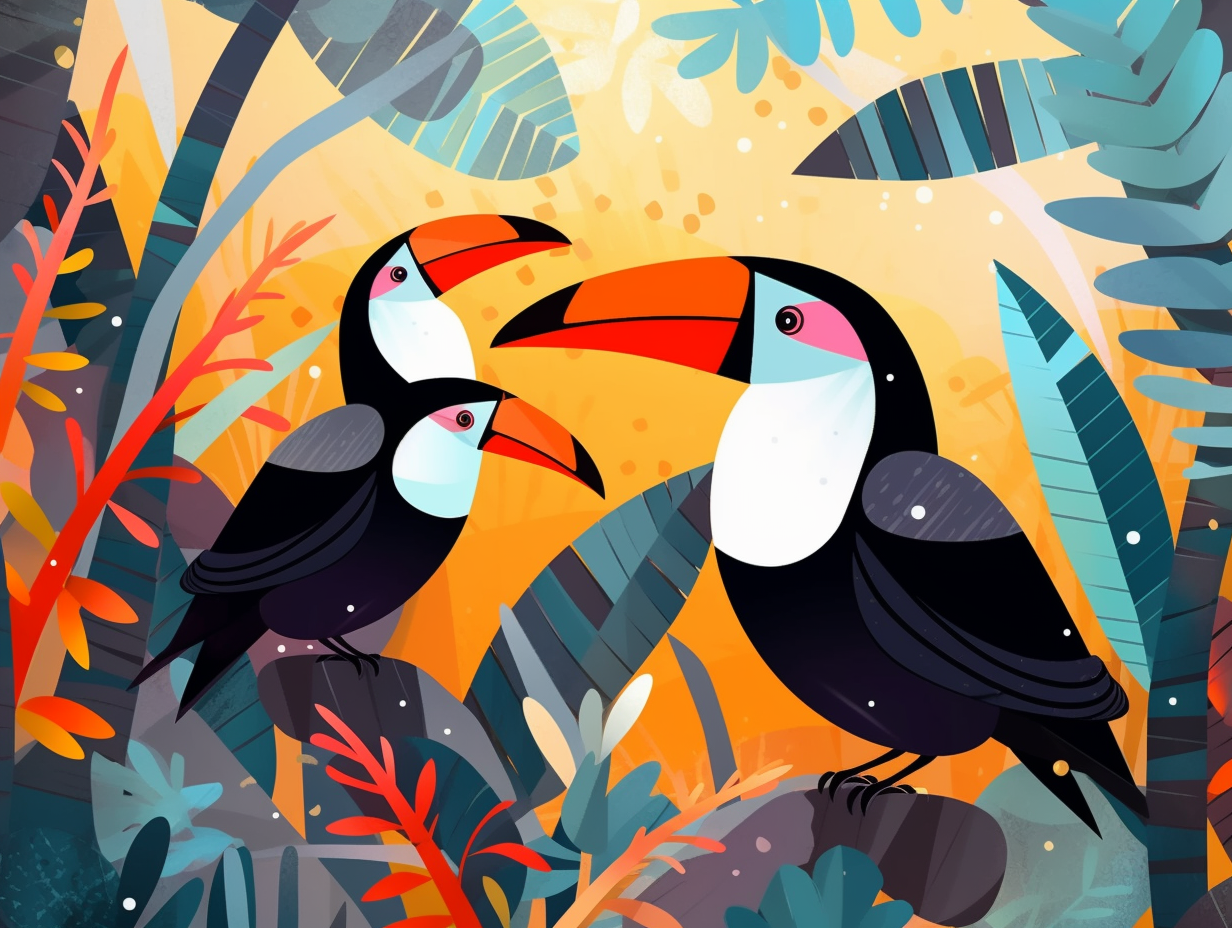Cock-a-Doodle-Doo! Top 12 Amazing Fun Facts About Roosters You Never Knew
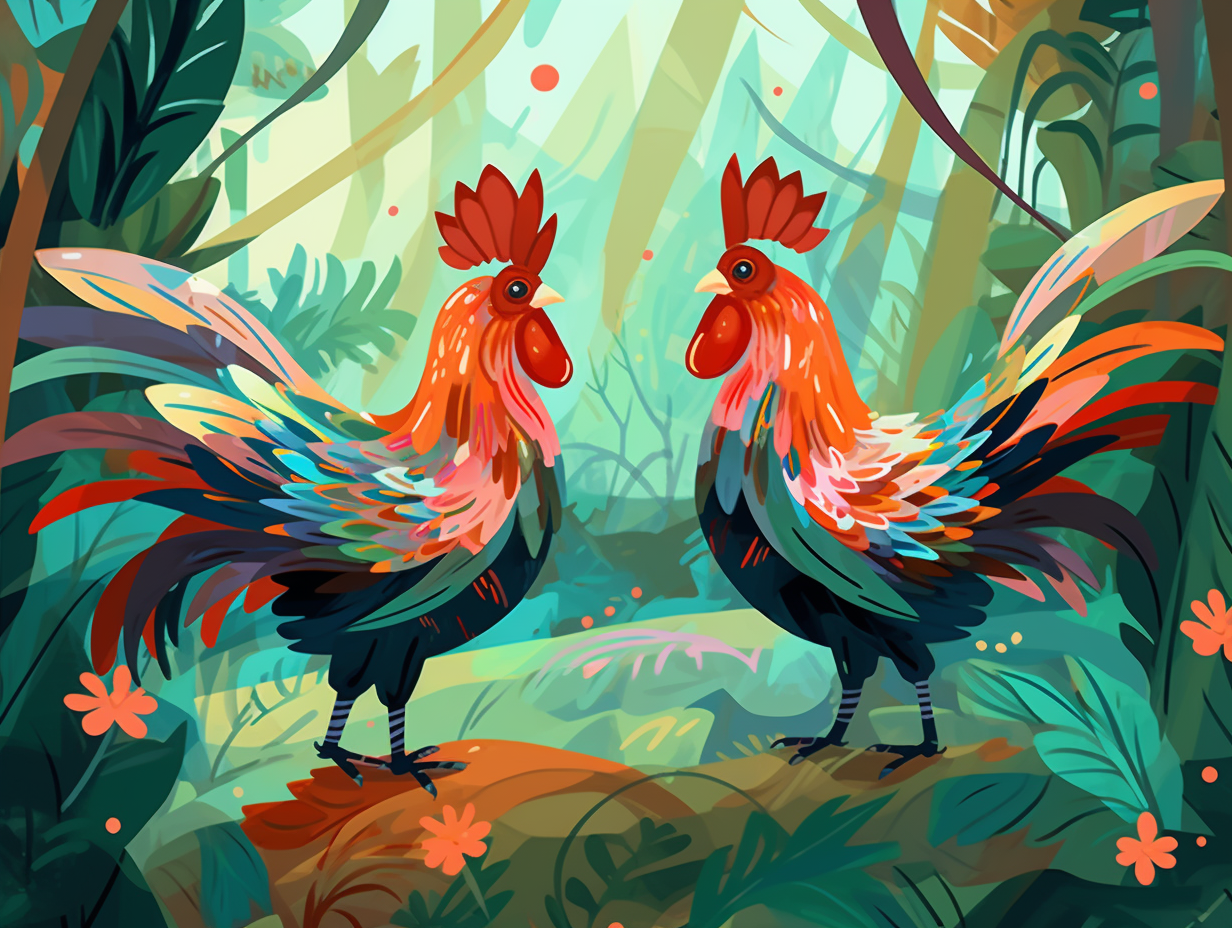
1. Rooster's Various Crowing Reasons
Move over, Adele; roosters have been belting out their very own version of "Hello from the other side" for centuries now, and not just at the crack of dawn: Roosters actually crow for various reasons such as marking territory, warning their flock of danger, announcing their mating availability, and even boasting about successful mating. They can crow anytime, not just in the morning, at a surprisingly not-so-earsplitting volume of around 90 decibels, which is equivalent to a barking dog, with their crowing activities being dictated by their personality and the day's happenings.
Source => chickensandmore.com
2. Internal Circadian Crowing Clock
Cock-a-doodle-doo, or is it rooster o'clock? It turns out our fine feathered friends don't need the sun to tell them when to unleash their morning ear-splitting performance: Science has shown that roosters have an internal circadian clock that determines their propensity to crow at the crack of dawn, even in constant light conditions. So, while various stimuli might elicit a cock-a-doodle-doo throughout the day, it's their avian body clocks that make morning crowing the main event!
Source => csmonitor.com
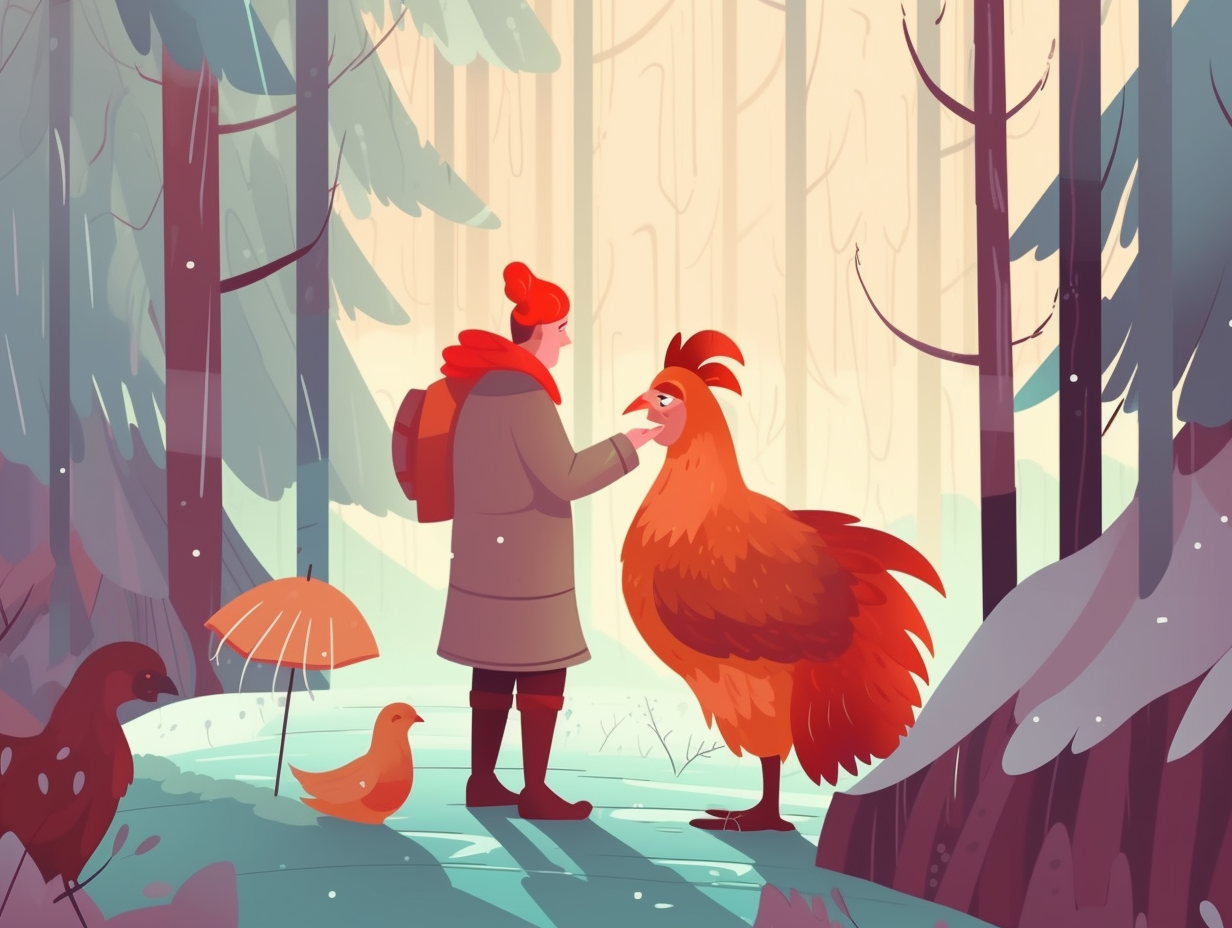
Did you know chickens have a complex vocal repertoire, using at least 24 distinct sounds to communicate? Discover their fascinating clucks-and-peeps sagas!
=> Fun Facts about Chickens
3. Hear No Evil: Rooster's Advanced Auditory System
Why did the rooster keep his hearing intact while crowing up a storm? Because he's a pro at playing "hear no evil": Roosters possess an evolved auditory system, complete with advanced ears and beaks that close their ear canals and protect them from their own powerful crows, which can reach a booming 143 decibels – a feat necessary for their reproductive success.
Source => newsweek.com
4. Rooster's Comb and Wattles: Built-in Air Conditioning
Who needs central air when you have a built-in HVAC unit right on your head? That's right, we're talking about the rooster's finest accessory: the comb and wattles! Our feathered friends are basically nature's engineers with this nifty little feature: combs and wattles help regulate a rooster's body temperature by circulating blood through their fleshy growths and transferring heat to the surrounding air. This fantastic phenomena suits them perfectly in warm climates, with larger combs and wattles to dissipate heat more efficiently, while their cold-loving counterparts sport smaller ones. So next time you're admiring a chicken's dashing headgear, remember — it doubles as a secret health indicator, and a pale comb might just signal it's time for a check-up!
Source => thecapecoop.com
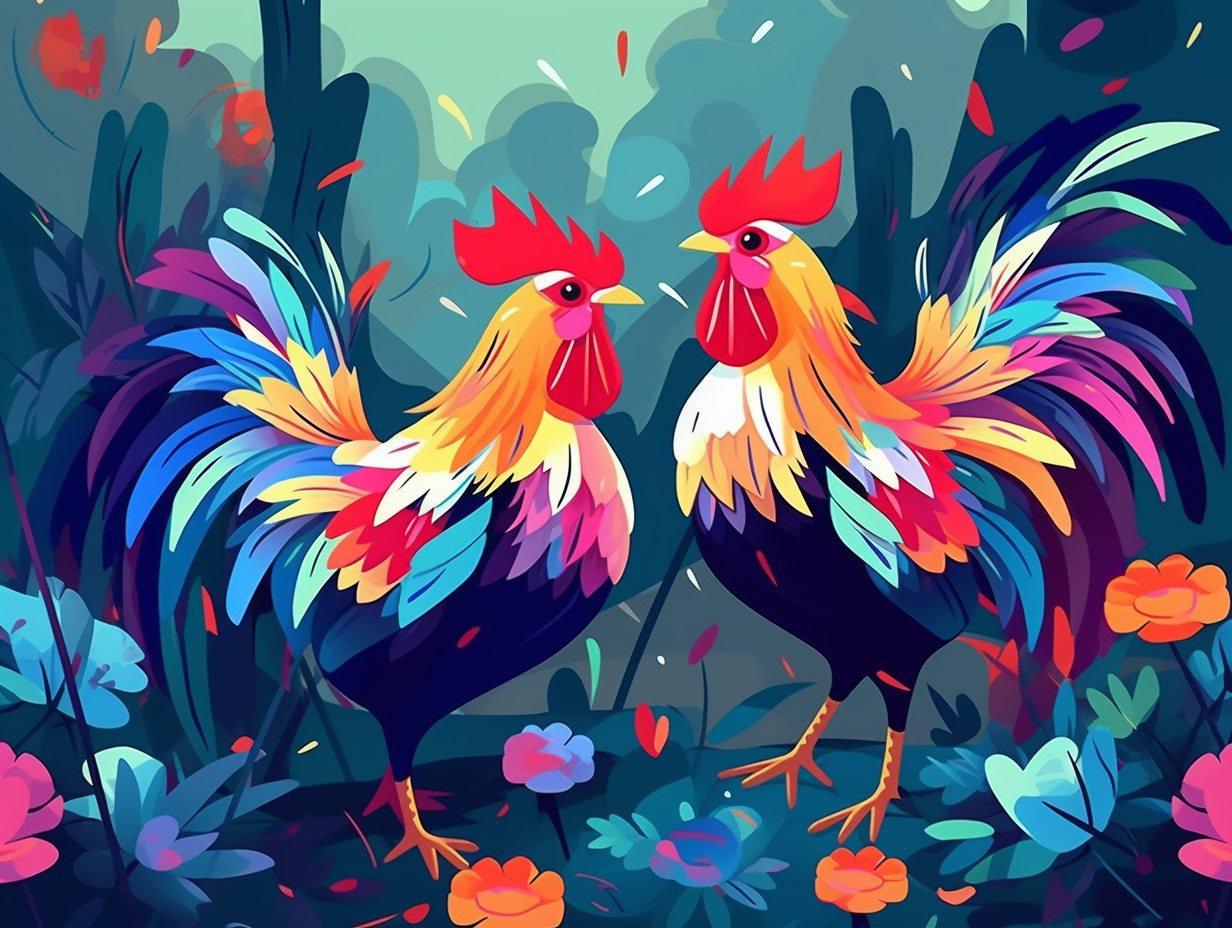
5. Spurs: Rooster's Natural Self-Defense Tools
Step aside, Wolverine: roosters come equipped with their own natural set of self-defense tools! These feathery X-Men may not battle supervillains, but you won't catch them clucking in fear. In all seriousness: roosters have keratin spikes called spurs on their legs, used for protection against threats and asserting dominance within their pecking order, making them a formidable foe to predators seeking a chicken dinner.
Source => insteading.com
6. Smart Chickens: Roosters Can Be Trained
Whoever said you can't teach an old rooster new tricks clearly never met a champion chicken racer: Roosters, besides ruffling their feathers to wake us up in the morning, are intelligent creatures capable of being trained to play games, perform tricks like fetch, and even participate in thrilling poultry races, all while strutting their stuff for up to 15 years in captivity with proper care.
Source => a-z-animals.com
7. Rooster's Remarkable Hen Memory
Who says chickens can't have a little black book? Roosters probably have the best memory in the coop when it comes to the ladies: these gallant fowl can actually remember and recognize up to 100 different individual hens, which helps them establish social hierarchies and protect their flock from would-be hen-nappers.
Source => thesilverfoxfarm.com
8. Ancient Deity to Cockfighting Champs
Before there was a lord of the dance, there were lords of cockfighting: In ancient Syria, the fighting cock was worshipped as a deity, while in South Canara, gamecocks were thought of as protectors against evil demons. A temple honoring gamecocks was even erected in Sumatra, and the birds were held in such high esteem in Borneo, that eating their flesh was a major no-no. Cockfighting later became a popular sport but was originally rooted in thousands of years of mystical poultry-age history.
Source => kplctv.com
9. Chicken Omens in Ancient Rome
Why did the chicken cross the Rubicon? To consult the oracle, of course: In Ancient Rome, chickens were believed to have divination abilities, and their eating habits were used to predict the outcomes of critical events like battles. If a sacred chicken gobbled up its food, it spelled good fortune; but if it stayed caged or took flight, the Romans prepared for a fowl omen. Ironically, Publius Claudius Pulcher, an overconfident Roman general in 249 BC, tossed his divine poultry overboard when unfavorable omens tried to ruffle his feathers—only to experience an eggscruciating defeat and a hefty fine for impiety. Cock-a-doodle-doo!
Source => en.wikipedia.org
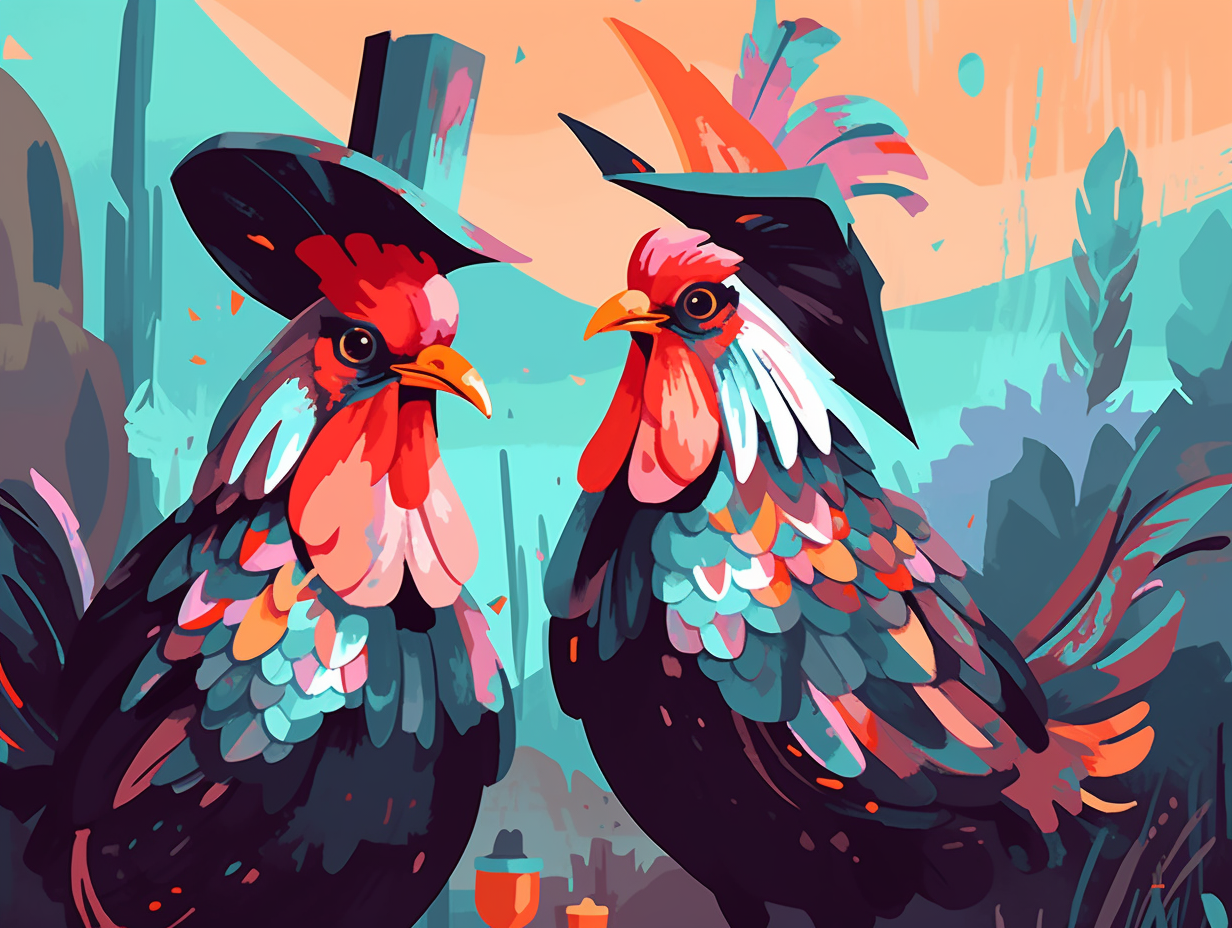
10. Fashionable Rooster Feathers
Step aside, fashionistas; the ultimate runway models are strutting their stuff in the barnyards: Roosters boast more vibrant and colorful feathers than hens, using their fashionable flair to woo potential mates and establish dominance among fellow feathered friends, with some even changing their feather colors based on their pecking order spotlights!
Source => strombergschickens.com
11. Poultry in Motion: Chicken Intelligence
Who said chickens are just a bunch of bird-brains? Poultry in Motion: These talented peckers can not only identify individual faces, but also possess remarkable reasoning abilities, allowing them to make optimal decisions, demonstrate concern for their offspring's skill levels, and exhibit complex behaviors thanks to their lateralized avian brains that function much like our own.
Source => ideas.ted.com
12. Unlucky Zodiac Year for Roosters
In a fowl turn of events, those born under the Rooster's reign better buckle up for their own zodiac party: it seems the year of the Rooster is actually considered unlucky for folks born under this sign, with horoscopes remaining rather desolate in all aspects of life! Just remember to keep an eye on Tai Sui, the 'age star,' to help shoo away that bad luck, and brace yourselves for 2029—the next Rooster year.
Source => chinahighlights.com
Related Fun Facts



